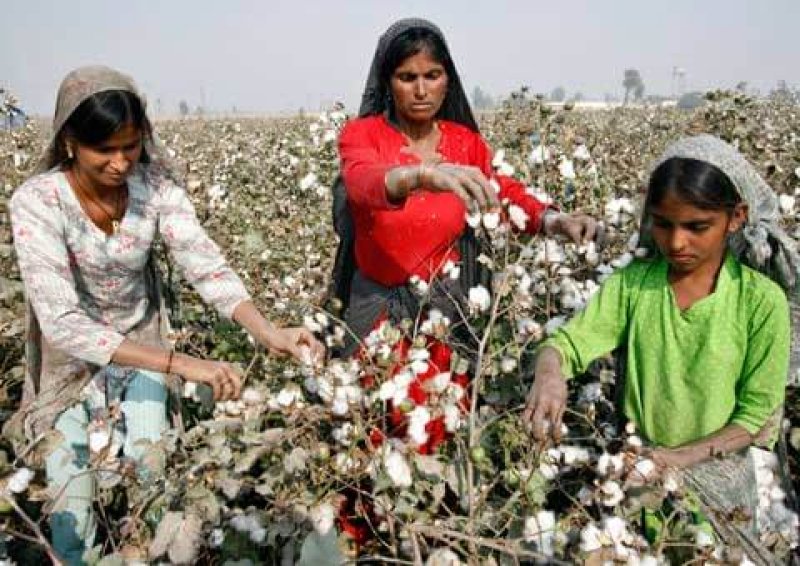Despite substantial research on the economic effects of transgenic insect-resistant Bacillus thuringiensis (Bt) cotton, there is still limited work on this technology’s impacts on human health. Due to the inbuilt insect resistance, Bt cotton requires fewer pesticide sprays than conventional cotton, which is not only advantageous from economic and environmental perspectives, but may also result in health benefits for farmers.
Using socioeconomic and biophysical data from Pakistan, we provide the first evidence of a direct association between Bt gene expression in the plant and health benefits. A key feature of this study is that Bt cotton cultivation in Pakistan occurs in a poorly regulated market: farmers are often mistaken in their beliefs about whether they have planted Bt cotton or conventional cotton, which may affect their pesticide-use strategies and thus their pesticide exposure.
…
Even at low and moderate levels of Bt gene expression, technology adoption reduces the cost of illness significantly. The effects are stronger at higher levels of Bt expression …. [T]rue-Bt seed adoption decreases farmers’ health costs by 33%. Extrapolating these estimates to the entire Bt cotton area in Pakistan results in annual health cost savings of US$ 6.9 million.
…
Bt adoption based on farmers’ beliefs does not reduce the pesticide-induced cost of illness. However, adoption based on measuring Bt gene expression is associated with significant health cost savings. Extrapolating the estimates for true Bt seeds to Pakistan’s entire Bt cotton area results in annual health cost savings of around US$ 7 million …. [I]mproved regulations that ensure claimed crop traits are really expressed can increase the benefits for farmers and society at large.
Read full, original article: Transgenic cotton and farmers’ health in Pakistan































